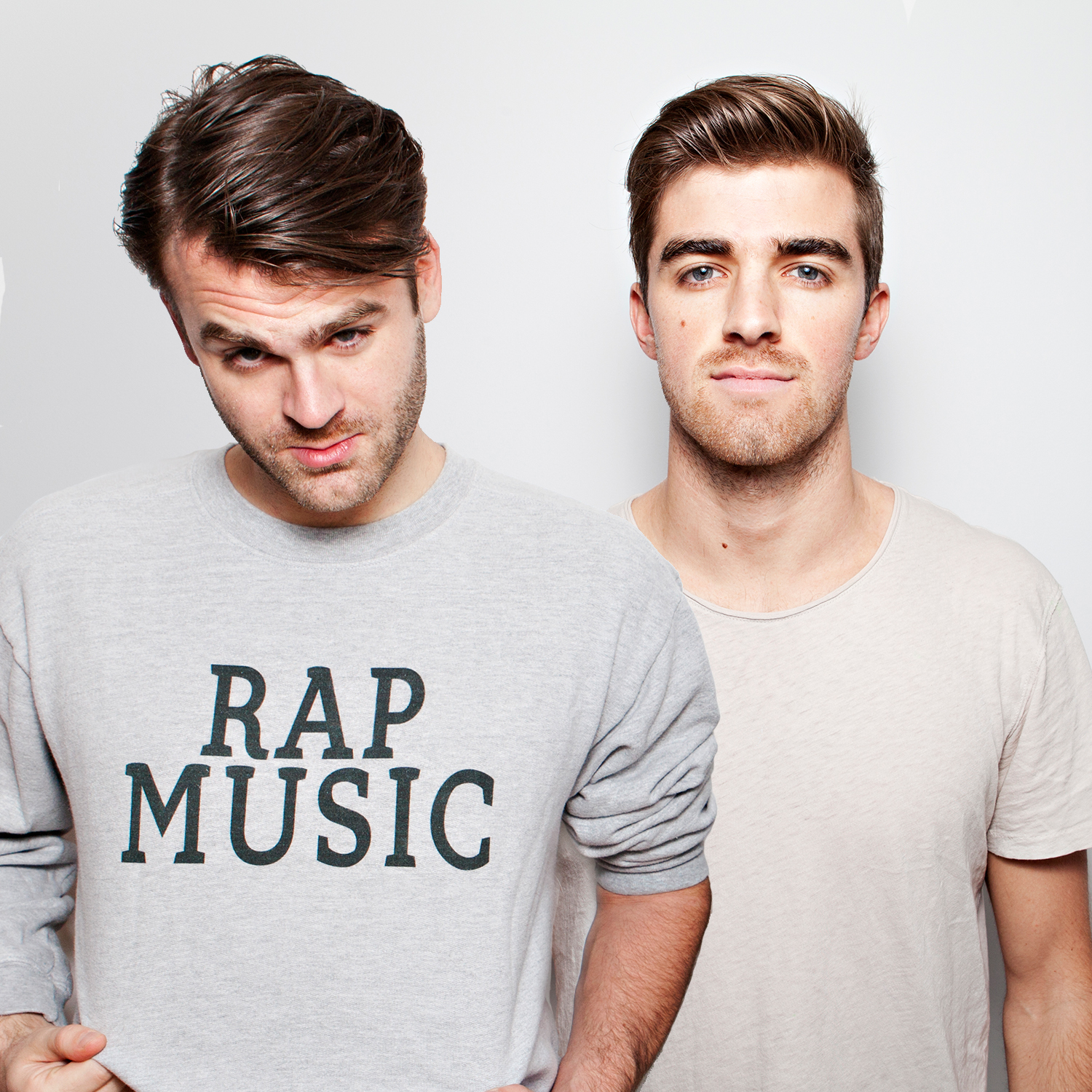If there’s anyone who’s had a profound presence in electronic dance music, it belongs to a man who was part of a generation of DJs and producers who shaped the electronic music scene before it exploded in recent years. Starting as a hip-hop DJ, Tunisia-born, German-raised legend Yassine Ben Achour began his career in music as Loco Dice. This led to him touring and opening for artists such as Usher, Ice Cube, Snoop Dogg, and R. Kelly. Since then, he shifted gears into the realm of electronic music and became a tenacious force of veterans who came to own the rave culture with their DJing prowess and four-to-the-floor beats. Alongside guys such as Richie Hawtin, Carl Cox, Luciano, and many more, Loco Dice continues to grace the current generation of electronic music fans with his live performances and revered status.
Loco Dice has just dropped a new album titled Underground Sound Silence which has just dropped through Ultra Records and I had a chance to speak with him on the current state of electronic music and his return to the Essential Mix on BBC Radio 1.
How was the flight from Canada to Chicago?
It was good. Didn’t have that much sleep but it was good.
Crazy partying?
Oh yeah, especially in Montreal we had a lot of friends and a lot of people from my country [Tunisia], so we had a great time.
How was Amsterdam Dance Event this past year for you?
That was very good. I mean, ADE is probably the most important thing for electronic music right now. I would say almost the last five years. It used to be WMC in Miami, but ADE turned out to be more music and more parties. ADE is also more business. You find every promoter and every DJ and it’s almost like a family where you can be serious and conduct business, have lots of food and party.
You have been apart of the hip-hop world at the start of your career and then flipped to house/electronic music. During this transition, what were some artists or songs that inspired you to experiment in this direction?
There were a lot of guys who were packing rooms in the clubs in Germany who had a huge impact on me. Guys like Richie Hawtin and Paul van Dyk were playing this music that were completely instrumental and had very little vocals and that blew my mind. The energy and vibe that came out of techno was very different from hip-hop and felt more liberating.
From when you started as a hip-hop DJ to now, how do you feel the electronic music scene has changed? Has it been for better, for worse, or both?
None of them. It’s evolving. It’s like with every scene. You have good times and bad times that depend on the country. With Europe, it was always big, strong, and always there. Sometimes it was underground, but it was always present. In the United States, I remember back in the days in New York with Danny Tenaglia, Sasha, and John Digweed came with their record cases and they impacted the rave culture in the United States. But it’s like with everything in the United States. Rock took over, then it was hip-hop, and now it’s electronic music. I wouldn’t say it’s better or worse, but I would say it is evolving in a good way.
Your return to the BBC Radio 1 Essential Mix was nothing short of awesome. How did it feel to be back as a returning guest?
I was there as a guest a couple of times because Pete Tong and I know each other very well. But actually doing the Essential Mix might have been about 10 years ago recording me live from DC Live and Ibiza. It was an honor for me to present my tape for them and I had great pleasure compiling the music for it. As you know, the Essential Mix’s listeners are worldwide. It may be the most important thing on the radio for electronic music. This time around, I didn’t stress myself out because I was in a really good mood and it was all in good timing. I was thinking of the good flow from the weekend and ADE just passed. I tried not to make a radio friendly set and instead get experimental or something.
Your most recent musical output has seen collaborations with guys like Just Blaze, JAWS, and Chris Leibing. How were some of these collaborations or features come to affect the album?
I tried to keep it groovy. A lot of the collaborations on the album happened very naturally, almost supernaturally. At no point did any of them come out and sound weird, plastic, or forced. There’s this type of organic feeling that was crafted I think it’s something people can hear when listening to the album that I am very proud of.
The new Loco Dice album Underground Sound Suicide is out now and features Just Blaze, Chris Liebing, Pulshar, and many more.
Buy it now from:
Beatport
iTunes
Other retailers









